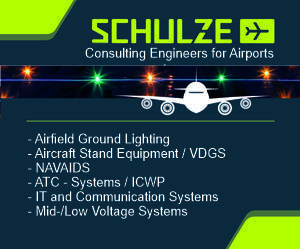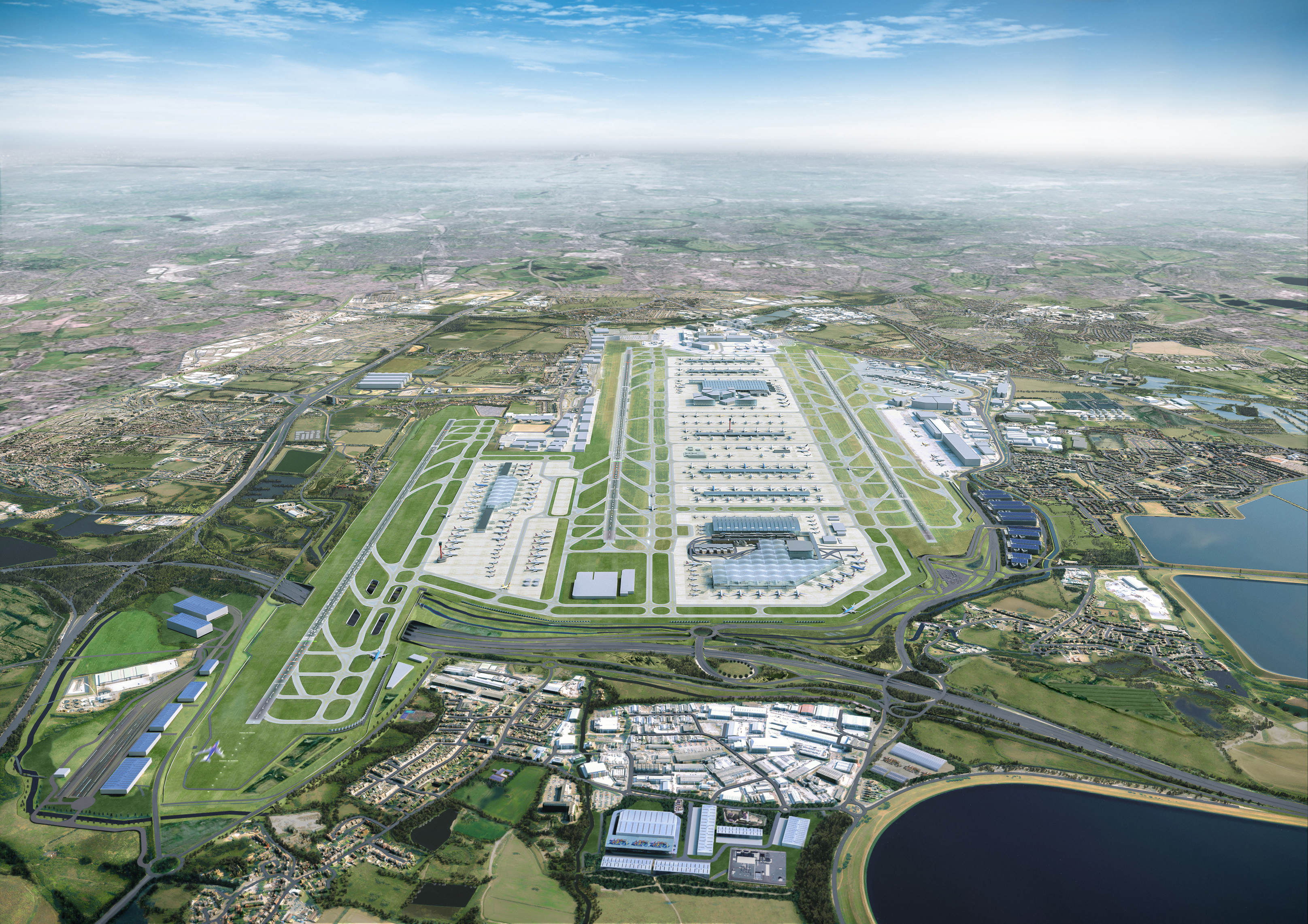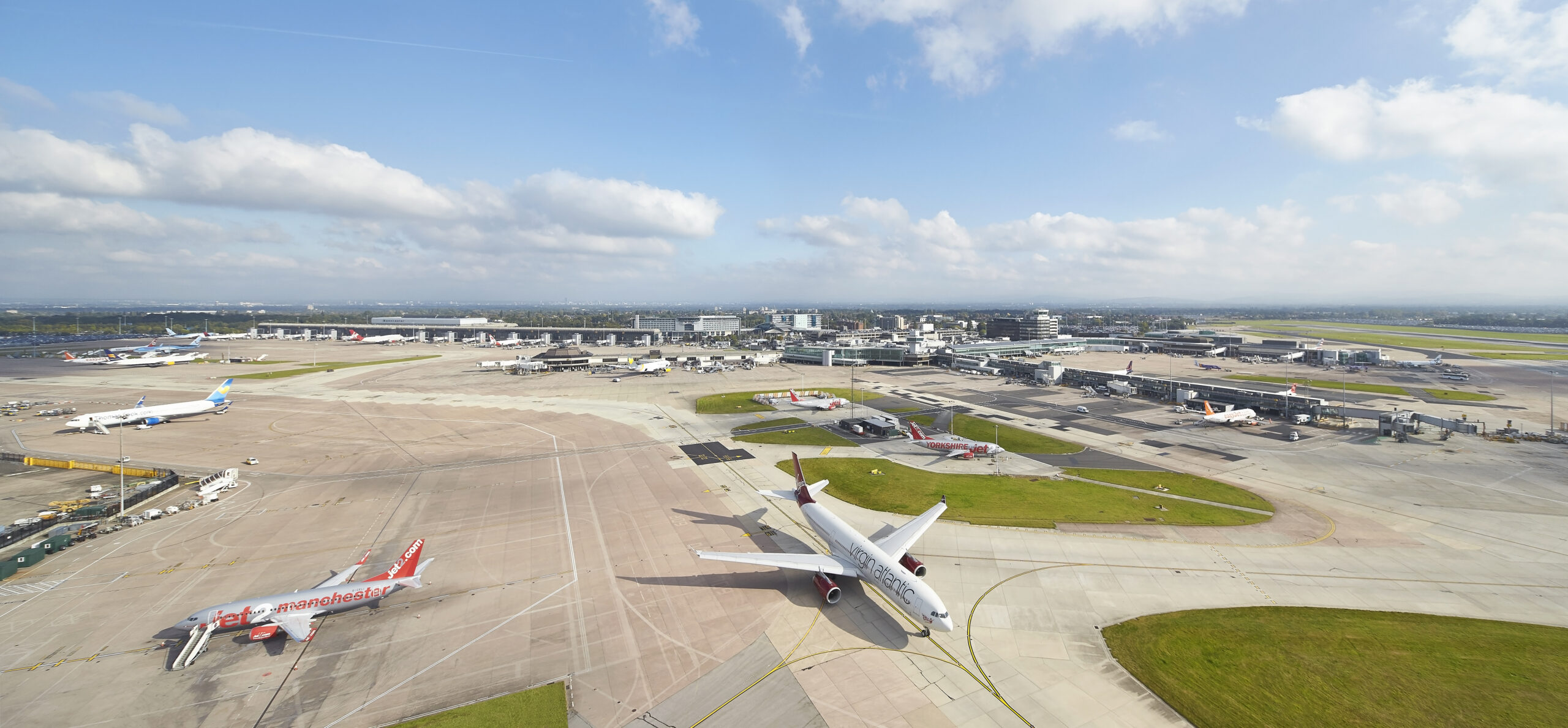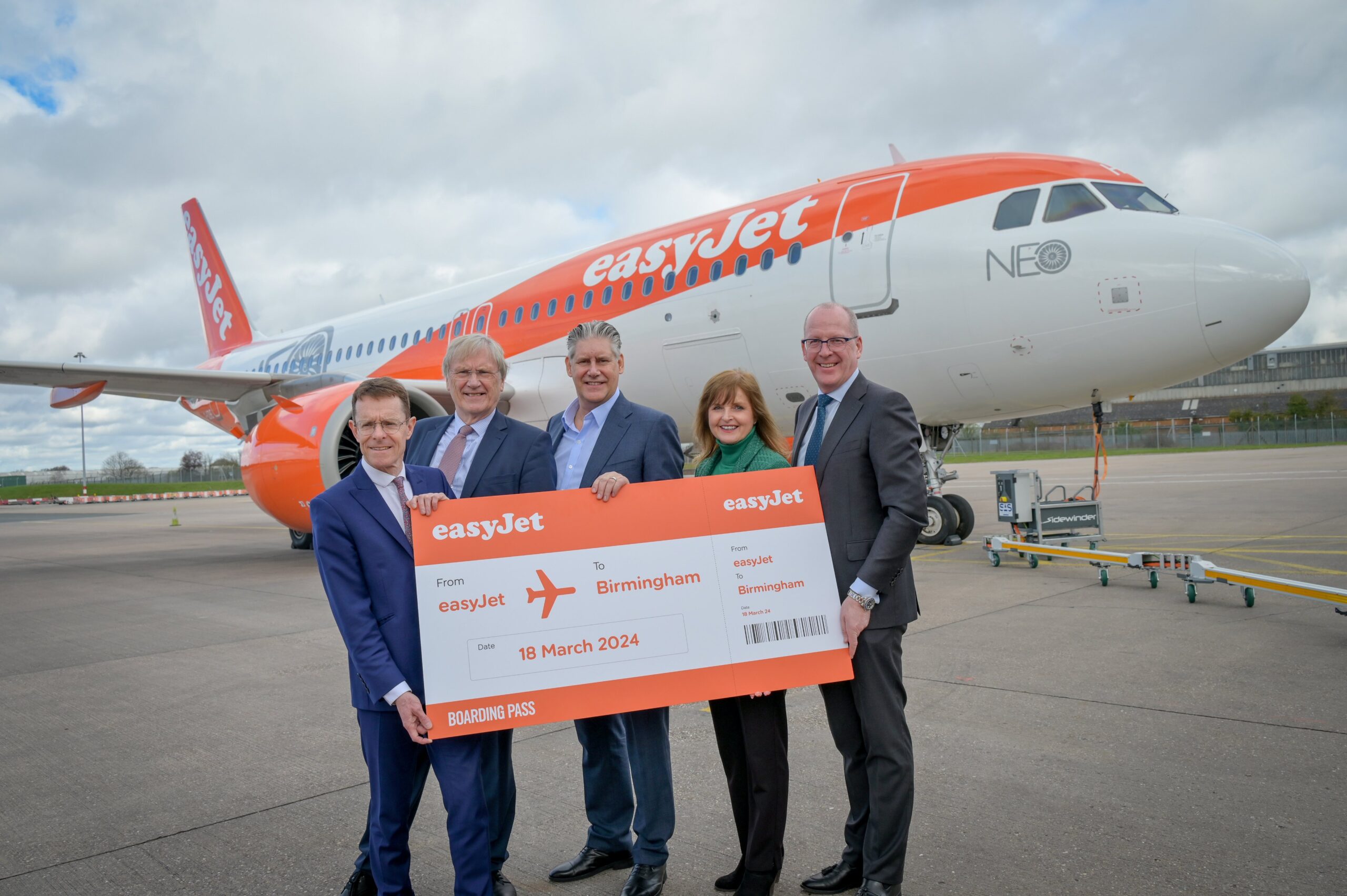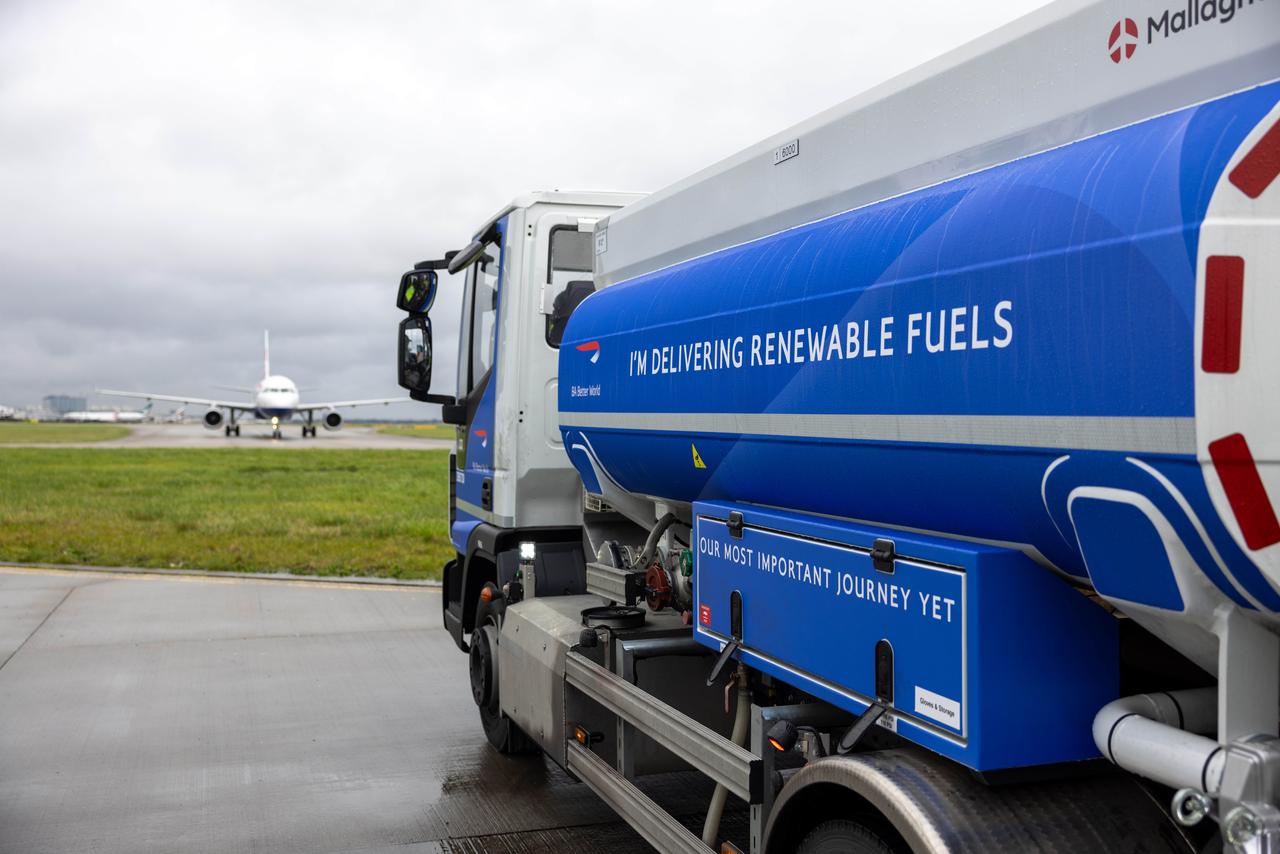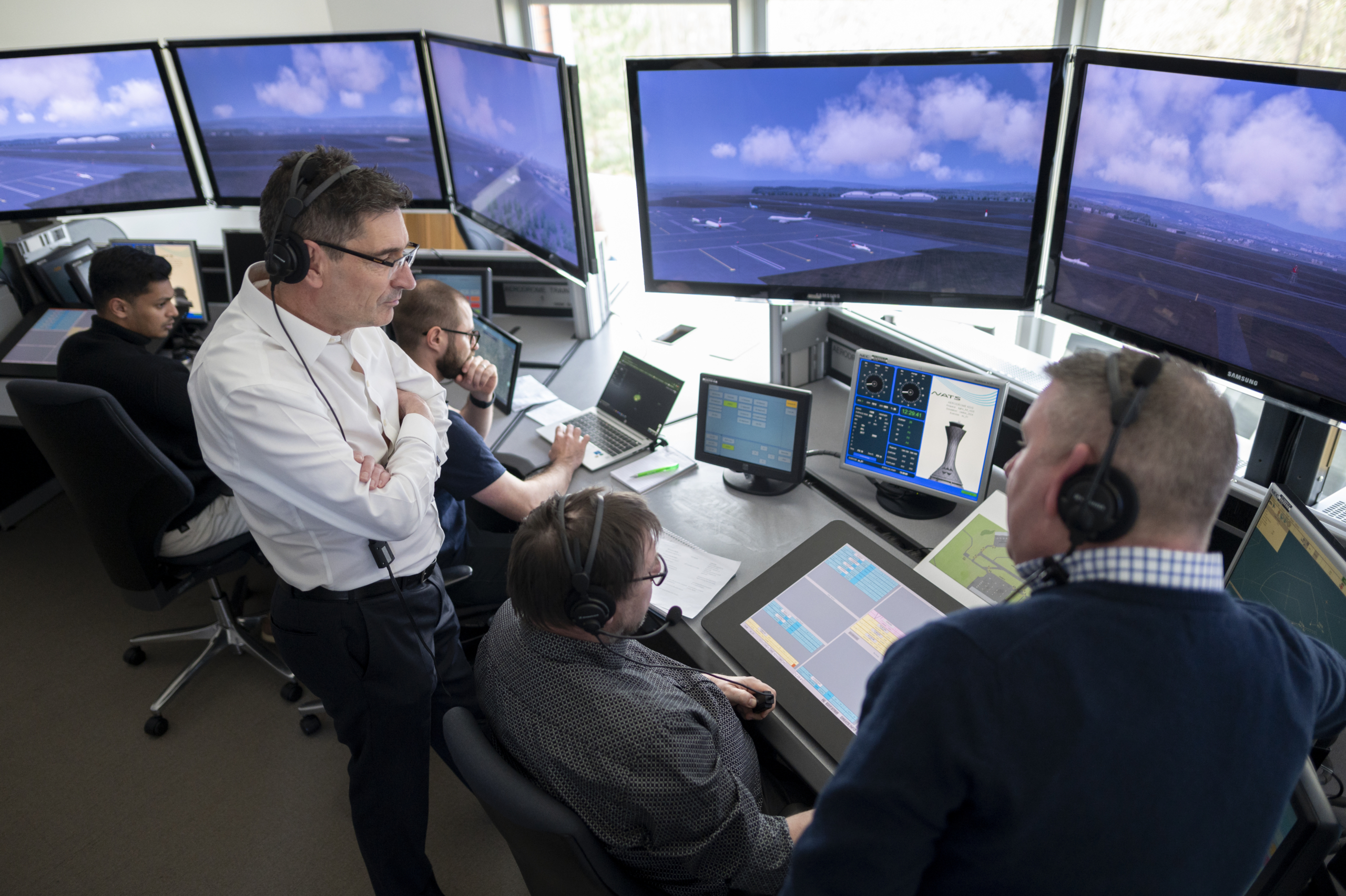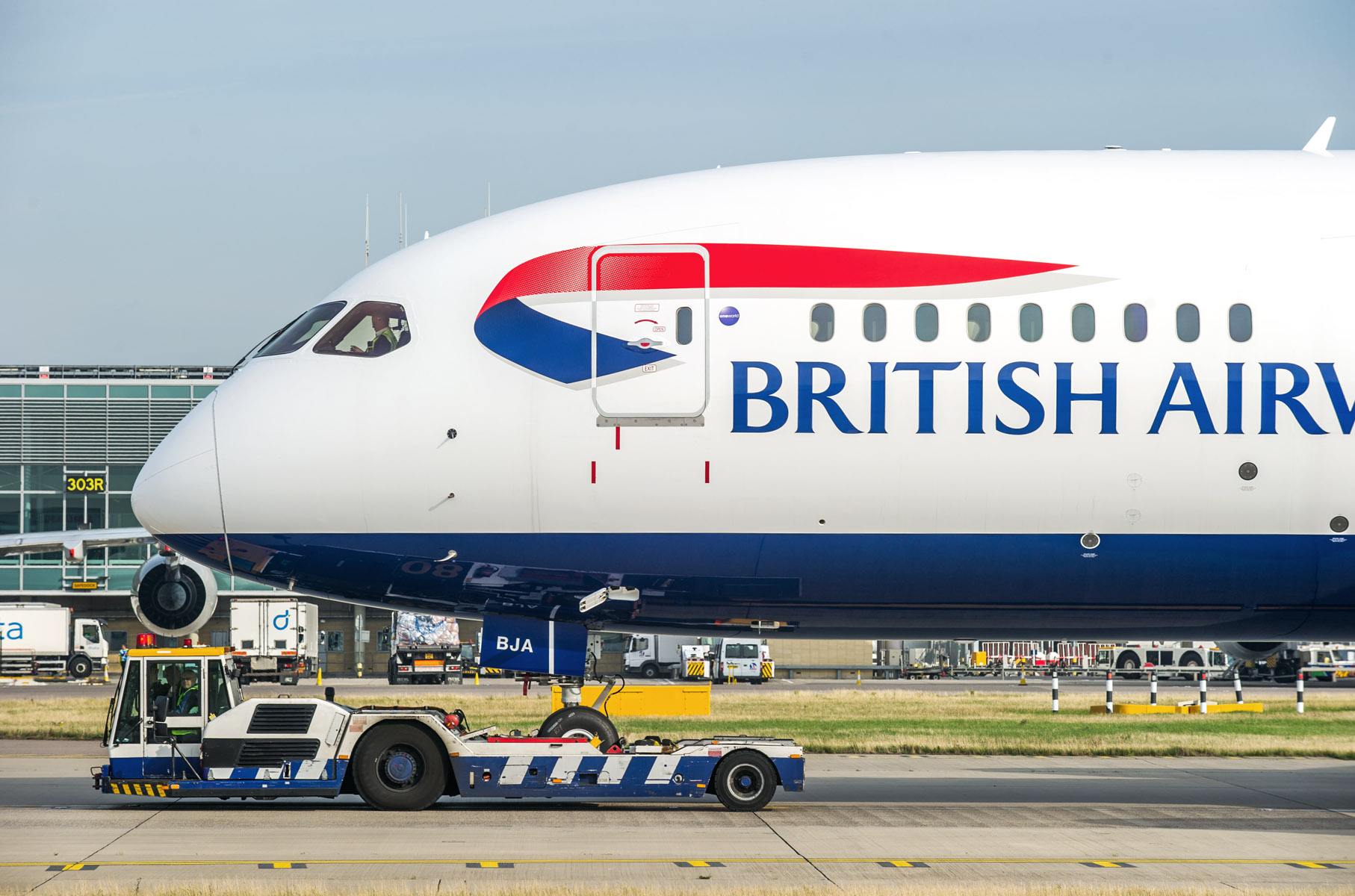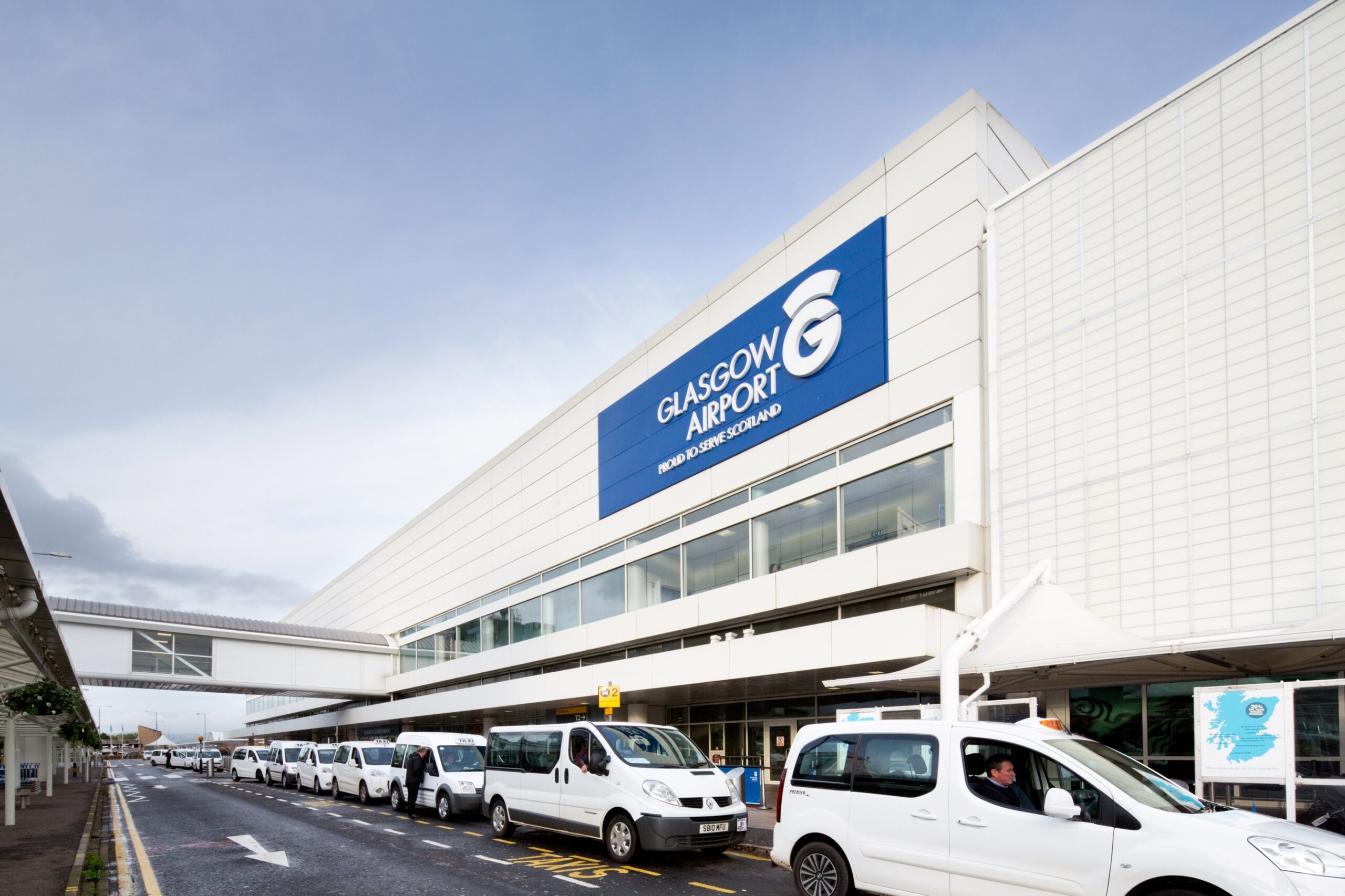The UK government has extended its deadline for airports to install computed tomography (CT) security scanners to enhance the passenger screening process.
These new scanners detect prohibited items with greater accuracy while allowing passengers to leave their electronics and liquids in their hand luggage. This transition will also signal an end to 100ml liquid restrictions in carry-on luggage.
Through these changes, the new CT scanners will significantly enhance efficiency, enabling passengers to be screened more quickly and conveniently.
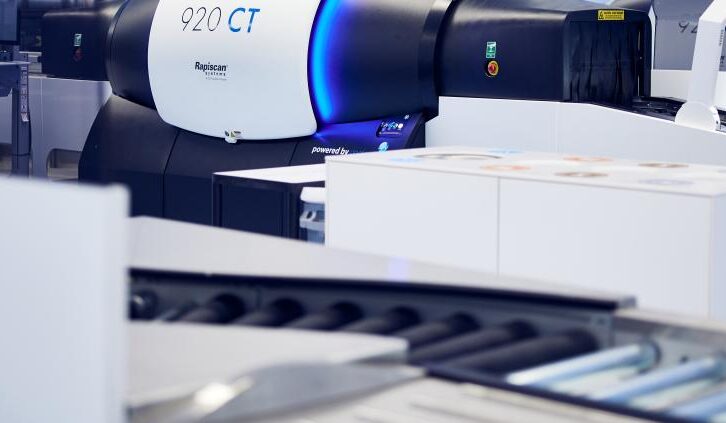
Previously, the UK government announced a deadline for all airports to transition to this technology by June 2024. However, as several larger airports have failed to meet this deadline, they have been granted extensions, with serious financial penalties planned for those who still fail to comply.
The extensions have been granted for up to a year on a case-by-case basis. In the meantime, passengers should continue to check specific security requirements for liquids and large electronic items at their departure airports.
Transport Secretary, Mark Harper, said:These cutting-edge scanners will make air travel safer and easier for passengers by strengthening security even further.
The UK is leading the world with its roll-out of this technology, but it’s important we give those airports yet to meet the deadline a second chance to get the job done. Until they do, passengers should continue to check before travelling.
The inability for some airports to install their security checkpoints before the June 2024 deadline is attributed to global supply chain issues in the recovery from the pandemic.
The new equipment also presented a logistical challenge for some busy airports. Indeed, some sites have had to undertake significant construction work or build new screening halls to accommodate the large, heavy equipment.
However, even with the extensions, the UK is still at the forefront of the transition, with no other European country matching the scope and scale of its rollout.
Chief Executive of the Airport Operators Association, the trade body for UK airports, Karen Dee, said:Airports are making excellent progress in delivering these multimillion-pound investment programmes, which will ensure the UK remains at the forefront of aviation security in the years ahead.
As with any programme of this complexity, there are significant challenges, and we are happy the government has recognised these and agreed to extend timeframes for delivery where necessary.
By adopting this approach, airports can ensure that they are ready to welcome passengers over the upcoming holiday periods and that their journeys are safe, secure and smooth as we make this transition.


